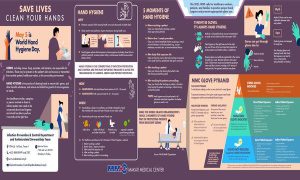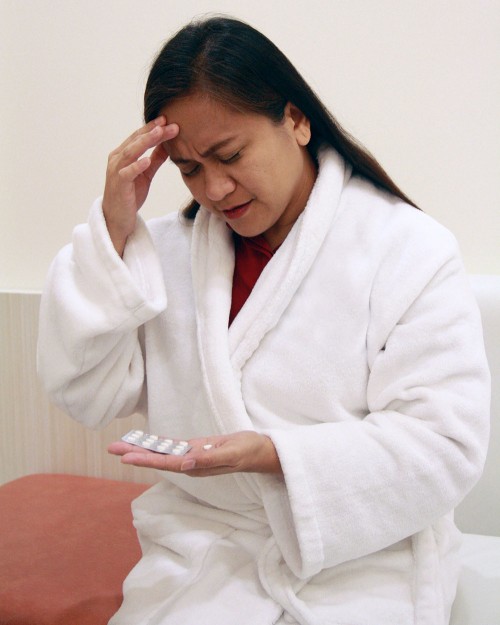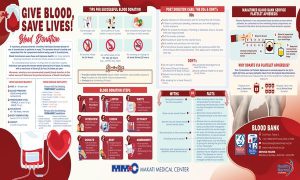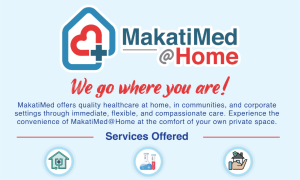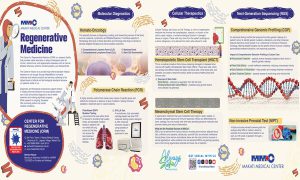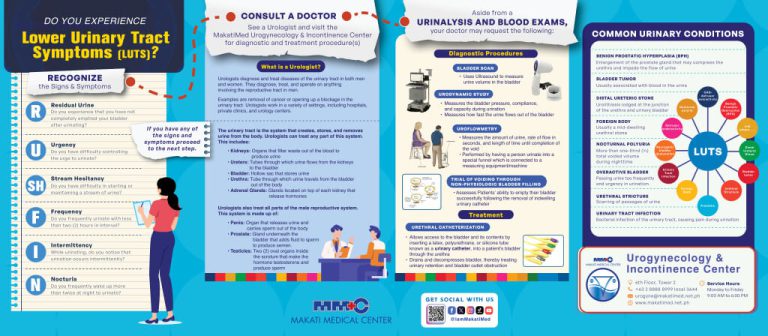With the wealth of information available to us in just a few clicks, it’s tempting to self-medicate. When going to a doctor means having to sit in a waiting room and shell out money for a brief check-up, turning to the internet or TV indeed seems to be a smart decision.
However, self-medication is not completely risk-free. Surfing online may work for restaurant recommendations but where one’s health is concerned, you may want to think twice before resorting to Dr. Google. Leading Philippine hospital, Makati Medical Center, tells us about the risks that come with self-medicating and why it is important to be knowledgeable about the drugs we take.
“Self-medication simply refers to treating one’s symptoms with drugs and/or supplements without proper medical advice and supervision. These non-prescription or over-the-counter medications can be readily obtained at a pharmacy without a doctor’s prescription,” says Donna De Padua, MD, of the MakatiMed Department of Emergency Medicine.
The advantage of self-medication is that it is speedy, accessible, and certainly more convenient than spending time and money to consult at a clinic. According to the World Health Organization (WHO), this is especially true in economically deprived communities that have limited access to healthcare services.
Responsible self-medication requires a good amount of research and doing so reflects the proactive attitude towards health that prevails today. We can all benefit from being well-informed about proper health care but one should be wary and critical of the information that can be obtained from social media.
“We encounter a lot of patients who suffer from the adverse effects of non-prescription medications and supplements that could result in adverse reactions or even severe health complications,” says Dr. De Padua. “There is always a risk of assuming an incorrect diagnosis for one’s symptoms since there was no consultation with a professional; a delay in seeking medical advice could potentially worsen one’s condition.”
By self-medicating, you could be subjecting yourself to unnecessary medication that could be harmful to your health, causing you to suffer longer and missing work or school. “Taking medication without proper guidance could mean inappropriate use, taking the wrong dosage and even an incorrect manner of administration, Dr. De Padua emphasizes. “The wrong medicine can transform a minor health issue into a major problem. Or a potentially severe condition can become amplified and have a disastrous outcome.”
Though being knowledgeable about appropriate medication can be beneficial, knowing when to consult a physician may be even more favorable in the long run. Be properly informed about how a medicine should be taken, the duration one should take it, at what dosage, it’s contraindications to other physical conditions, and what possible side effects and reactions it may have with other medications. When in doubt, seek the advice of a medical expert.
